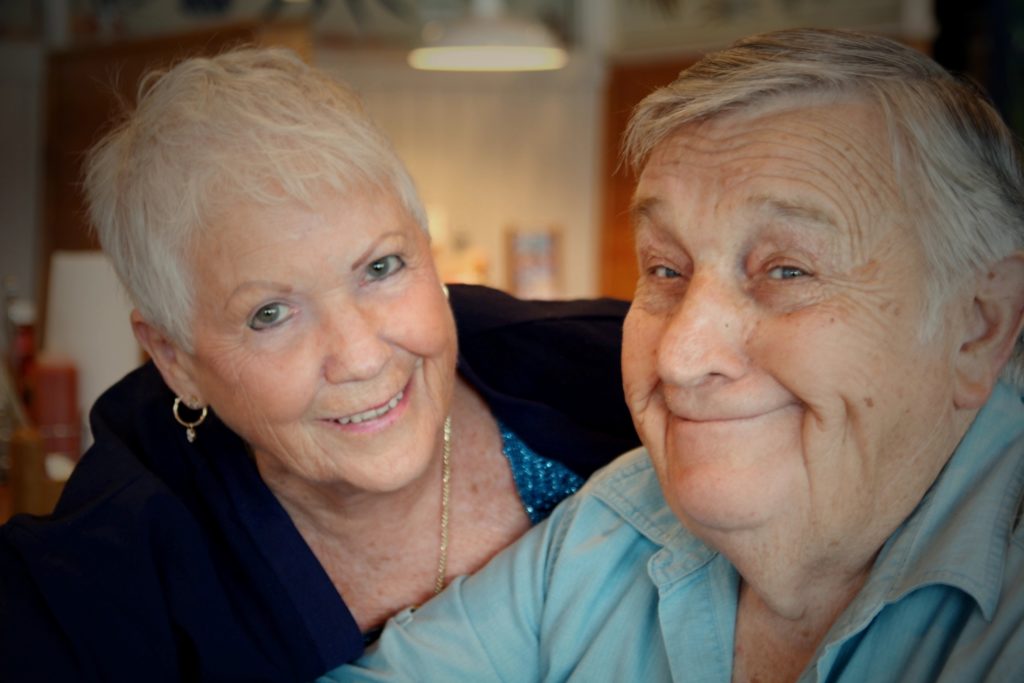Quick Hits
Daily brief research updates from the cognitive sciences

The good ‘ole days, eh! There is some evidence to suggest that we always view the past though rose-tinted glasses – feeling that the past was somehow better than the present. However, research just out has shown that that doesn’t seem to be the case.
Research by Alberto Prati, Claudia Senik for the Association of Psychological Science has shown that current feelings impact our view of the past. To do this they have assessed data from different longitudinal studies into how happy people feel over time. These include a German study over 10 years of 11’000+ participants, a British study over 12 years of 20’000+ participants, a French study of over 18’000 participants, and about 4’000 results from the USA over a period of 35 years.
What did they find?
What they found is that there seem to be some mix up between current ratings and change in happiness over time. This in contrast to the past is better hypotheses. This showed that those who felt happy now rate their past happiness as lower than it actually was. It seems that feeling happy now suggests an improvement or a contrast to the past and so the past must have been less good.
In contrast the opposite happened with those with current lower happiness – they rated their past happiness as higher than it actually was.
This shows that our past memories are influenced by our current states. Prati and Senik plan to further research how memories impact current life decisions – that will be interesting to see. I also wonder how this influences political climate!

Andy Habermacher
Andy is author of leading brains Review, Neuroleadership, and multiple other books. He has been intensively involved in writing and research into neuroleadership and is considered one of Europe’s leading experts. He is also a well-known public speaker, speaking on the brain and human behaviour.
Andy is also a masters athlete (middle distance running) and competes regularly at international competitions (and holds a few national records in his age category).
References
Alberto Prati, Claudia Senik.
Feeling Good Is Feeling Better.
Psychological Science, 2022; 33 (11): 1828
DOI: 10.1177/09567976221096158
More Quick Hits
Being “Hangry” Really Is A Thing
Quick HitsDaily brief research updates from the cognitive sciences o, scientists have now proven that being “hangry” is real thing. What took them so long? Well, first of all things which seem intuitively right such as the weather making pain worse...
Reward Drives Aggressive Behaviour Against “Others”
Quick HitsDaily brief research updates from the cognitive sciences s vs. them is known as in-groups vs. out-groups in psychology. This is the well-known effect of people being loyal to their own groups and being competitive and often aggressive to...
Low Oxygen Impairs Decision-Making
Quick HitsDaily brief research updates from the cognitive sciences ast year I reported on how pollution and bad air in offices correlates with lower performance and productivity. Something business should take note of. A study out of the University...
The Brain Waves That Drive Social Behaviour
Quick HitsDaily brief research updates from the cognitive sciences have reported in other places on the social regions of the brain (for review see here). And this has indeed been the standard approach – try to identify the specific regions in the...
Being Mindful Improves Relationships With Co-Workers
Quick HitsDaily brief research updates from the cognitive sciences he topic of mindfulness has been a hot topic for a number of years now. This is not to be confused with meditation which is often lumped together with mindfulness – because they do...
Engaging Leadership Boosts Employee Engagement, and Team Effectiveness, and Resilience
Quick HitsDaily brief research updates from the cognitive sciences paper just out has looked again at leadership style and impacts on employee engagement and also various team effectiveness measures. Greta Mazzetti of the University of Bologna,...






